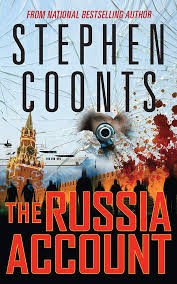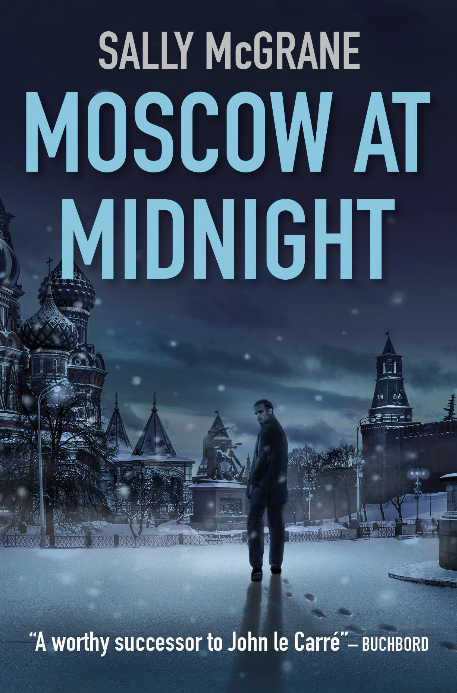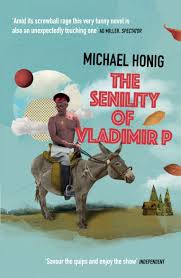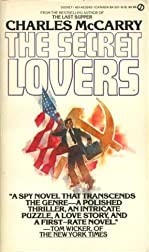Part one of this review is here.
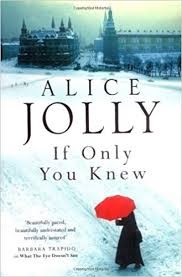
If Only You Knew sees a life transformed as another life dies. Its place and time —Moscow in the year of the Soviet collapse— serves as metaphor for the developing story.
Eva and Rob arrive in a city that is recognisably Soviet in its restrictive and proscriptive milieu. By the novel’s end, intimations of emerging life in all its chaotic and elemental potential are visible on the streets of Russia’s capital.
Continue reading